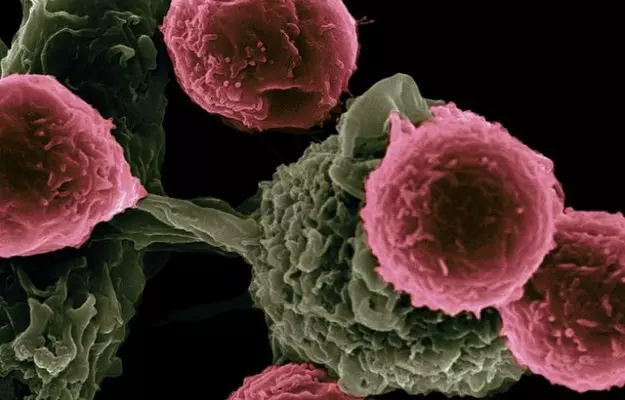A tumour is simply an uncontrolled growth in the body. It occurs in tissues like muscle, organ or bone. When this abnormal growth occurs, a mass of cells is formed which may or may not be cancerous. If a doctor suspects cancer, he or she would recommend a biopsy of the growth to find out whether the mass is malignant (cancerous) or benign (non-cancerous).
Not every tumour is cancerous. As a matter of fact, the moles or “beauty spots” that appear on our skin are also a type of tumour.
To understand this concept better, let us look at the two main kinds of tumours:
Benign tumours
These are what you would commonly call “noncancerous”. A benign tumour is a mass of cells that does not spread further from the location of its origin. The mass is localised and is almost always harmless.
In fact, the removal of benign tumours is a choice and not a necessity. Many people live their whole lives with benign tumours.
Although these may not locally invade tissues, certain benign tumours may still produce negative effects. One can opt for elective surgeries for the removal of these masses.
Some examples of benign tumours are:
- Uterine Fibroids
- Moles
- Cysts (in glands and/or breasts)
Malignant tumours
A mass of cells that has an extremely high rate of proliferation (growth) and the ability to invade other local tissues is called a malignant tumour. These are cancerous growths and can often give rise to secondary tumours, also called metastases.
These are not as easy to remove as benign tumours. The probability of them spreading to different locations in the body is pretty high. As a matter of fact, a malignant tumour, also called a malignant neoplasm, may recur even after its surgical removal.




















